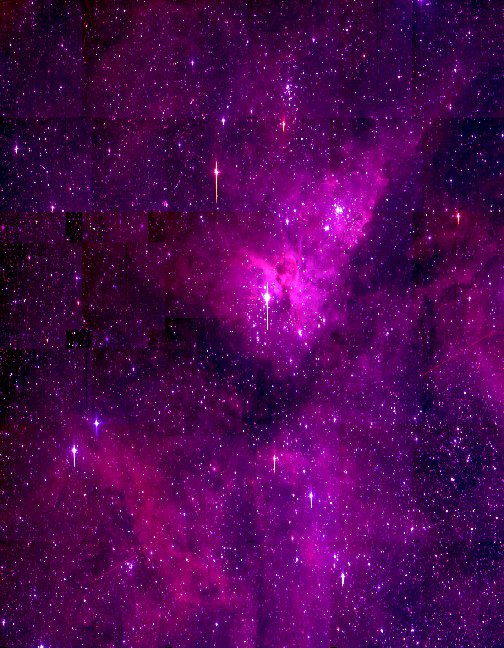REVIEWS
Work carried out by microlensing groups including MOA were reviewed at:-
Smallest Extrasolar Planet Portends Other Earths, Richard Kerr Science
“Alien Planetary System Looks a lot Like Home”, Richard Kerr, Science, 15 February 2008, p. 885.
Hubble Identifies Stellar Companion to Distant Microlensing Planet, STScI, 8 August 2006, http://hubblesite.org/newscenter/newsdesk/archive/releases/2006/38/
Modern Physics Letters A, " Planetary Microlensing: From Prediction to Discovery", N. Rattenbury, 2006, vol 21, number 12, 919 - 933
Astro-ph/0604062
Nature, "Light through a gravitational lens", Didie Queloz, 26 January 2006, pp. 400-401.
Science, "I spy a cold little planet", Richard Kerr, 27 January 2006, pp. 453-454.
Einstein Year 2005: Measuring the shape of distant stars using gravitational microlensing A&A
Australian Sky & Telescope, "MOA Telescope Spreads Its Wings", Alan Gilmore, March 2005, pp. 70 - 73.
Sky & Telescope, "A Star Without Planets", Robert Naeye, December 2004, p.19.
NASA, "Cosmic Magnifying Glass: Distant Star Reveals Planet", 15 April 2004, <http://www.jpl.nasa.gov/releases/2004/103.cfm>
Physics World, "Gravitational Lensing Brings Extrasolar Planets Into Focus", Keith Horne, June 2004, <http://physicsweb.org/articles/world/17/6/3/1>
BBC, "Lens Effect Reveals Distant World", 16 April 2004,
<http://news.bbc.co.uk/2/hi/science/nature/3631889.stm>
Sky & Telescope, "Planet Found by Gravitational Lensing", Alan MacRobert,
July 2004, p. 18.
Science, “Farsighted Gravity Lens Sees Stars”, James Glanz, 7 March 1997, pp 1416-1417.
Science, “Magnifying Glass for the Milky Way”, Govert Schilling, 7 January 2000, pp. 67-68.
Scientific American, “Gravity’s Kaleidoscope”, Joachim Wambsganss, November 2001, pp. 52-59.
New Scientist, “Ultimate Prize”, Eugenie Samuel and Jeff Hecht, 22 June 2002,
pp. 7.
Pod Casts-
Jodrell Bank astronomy podcast, including interviews about MOA/Mt John Observatory, see Jodcast archive.

Image of Eta Carinae by MOA-cam1 courtesy Morihiro Honda
